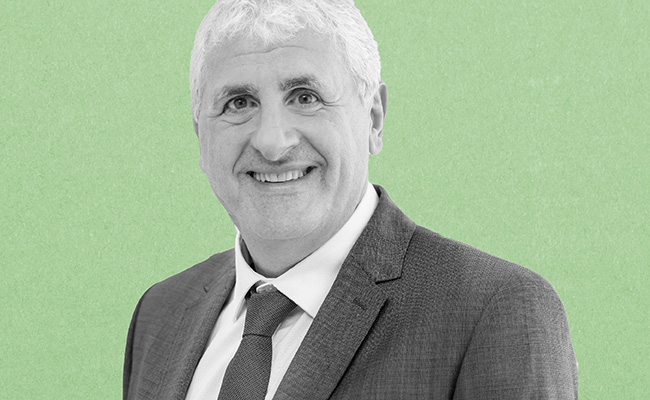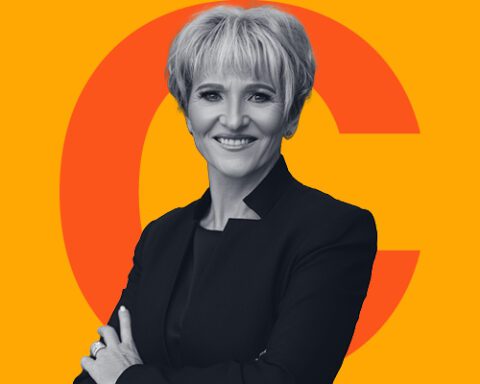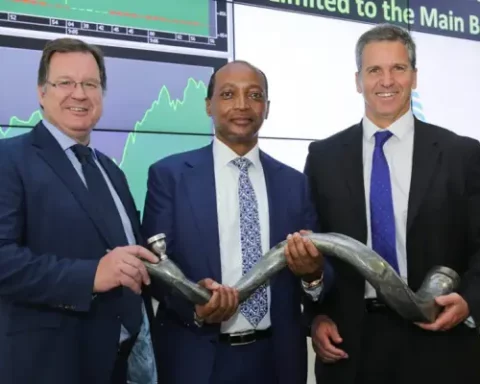Could Aspen – finally – be on a straightforward growth path?
Monday’s share price reaction to its latest interim results certainly seemed to suggest so. The stock rallied 11.75% – almost the inverse of the 13% the shares fell on September 3, when the pharma group released full-year results to end-June.
The gain comes after months of stop-start issues – like challenges in China, where a state purchasing plan to cut drug prices shredded its margins and sales. But that and a drop in Russian sales are out of the way, says Aspen, “clearing the business of material risk”. More importantly though, the factors that will help Aspen grow finally seem to be pulling together.
For starters, Aspen is now the South African marketer and distributor of Eli Lilly’s obesity wonder-drug Mounjaro, while its agreement to produce, market and distribute generic semaglutides (GLP-1s, the official moniker for anti-obesity and diabetes drugs) should start bringing in sales as early as the latter part of its 2026 financial year.
Umthombo Wealth analyst Nomtha Ngumbela cautions that there may have been a bit of short covering in the market, which would have exaggerated Aspen’s move higher on Monday, given how unloved Aspen had been since its last results. Buyers who had sold the stock short may have had to hastily buy back shares as the price rallied, pushing it even higher.
But she says Aspen “surprised to the upside” with its growth in profit – normalised headline earnings per share were up 17% on a constant currency basis to 724.2c (though only 5% up, taking a relatively stronger rand into account). Revenue grew 4% to R21.96bn; finance costs were up 20% to R681m.
“The GLP-1 opportunity is looking more tangible … and will add nicely to the earnings growth of Aspen. Manufacturing has also been a focus area and sterile contract manufacturing more than doubled, [so] management is in fact progressing well in carving out their position in this high-margin segment,” Ngumbela tells Currency.
CEO Stephen Saad is clearly unwilling to whip investors up into any state of excitement after what Ngumbela terms “constant disappointment on management’s execution and delivery of the earnings growth pipeline”.
Asked about the two steps forward, three steps back nature of Aspen’s trajectory since Covid, Saad says: “Sterile manufacture is never going to be a straight line and ultimately we will get there in the end – but I can’t promise every six months what’s going to happen.”
This period, for example, “we had contracts that came through sooner than expected. I can’t tell you that everything is going to work out fine … and I can’t tell you if the insulins [the Novo insulin manufacturing contract] will come in March, April, May or June, but I can tell you they’ll be here in a period. So we will get to a more steady state where individual contracts won’t have such a material upside or downside impact on the business.”
‘The largest product South Africa has ever had’
The tie-up with Eli Lilly is a properly big deal. Aspen secured the licence to sell the branded product Mounjaro into South Africa; it began hitting the shelves just last month. “In January we hadn’t launched yet and we’d just put the stock in the channels, but for that month and without any promotion at all – other than to say the stock had arrived – we already had 20% market share. I’m absolutely sure it’s going to be the largest product South Africa has ever had,” says Saad.
“For the rest, the GLP-1 opportunity is transformative for Aspen,” he believes. “When we looked at this market there were three things that were critical: you needed to own your intellectual property; you needed to have the manufacturing; and you needed to have market reach.”
Aspen, he says, ticks all three boxes.
“There must be a billion people who need weight management and/or have type-2 diabetes, but there’s only 15-million to 20-million people getting treatment right now because they simply can’t get the supply out.”
In other words, having manufacturing capability like Aspen is a serious plus.
The other issue is price. Not many people can afford the $500 or $1,000 a month that patented weight-loss drugs like these cost. But Aspen’s roots are as a generic medicine maker, so it can make the products affordably, it has manufacturing capacity, and it’s built up global reach over the past 20 years.
“There are some really big territories that will be coming off patent and we will be able to access that market and I do believe the market is much bigger than branded products only,” says Saad.
“You’ll have less variability the more we have settled contracts”, he argues. “We’ve got, for example, paediatric vaccines in Africa and insulins, and once those start rolling out that becomes repetitive, sustainable, predictable income.”
Before yesterday’s results release, SBG Securities – which last year had a “bull case” price of R292 per Aspen share before the year-end results disappointment – wrote that the risks for Aspen (such as delays in earnings from sterile contracts, regulatory pricing cuts, and M&A) were “more than priced into the shares”.
“APN [is] currently trading at a one year forward p:e of 9.6x (vs a long-term p:e 2004-2024 of 14x), which seems too pessimistic to us,” it wrote.
It’s kept a “buy” rating on the stock, with a target price of R207.
Top image: Aspen CEO Stephen Saad.
Sign up to Currency’s weekly newsletters to receive your own bulletin of weekday news and weekend treats. Register here.







